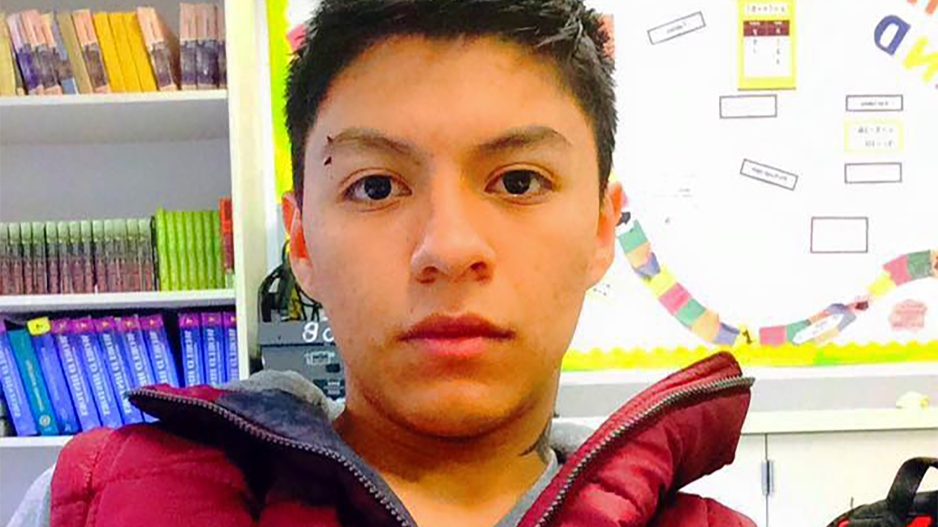
Ossining High School senior Diego Ismael Puma Macancela was arrested in his home and taken to a deportation center on Thursday, June 8th—just days after his mother was arrested and taken to a deportation center. The high school senior was taken on the day of his prom.
Ossining is a suburb in Westchester County, just north of NYC. Its school district has partnered with NYU Metro Center for over a decade. The district is committed to issues of equity and sanctuary. This is why the arrest of Diego is so disturbing.
If you are an educator or a concerned citizen then you also know that this issue is not just about Diego and his family. It's about the increasing vulnerability that all of our immigrant students and their families wear, whether in Ossining or beyond it. These students are besieged by war, and go to sleep at night not knowing what might await tomorrow.
The rules have changed. Protocols left unfollowed. A chaos chains remains for our children who blur borders, who have come to the U.S. in search of sanctuary, but find instead an uncertainty that communicates an unyielding threat.
School can't protect them. We can't protect them. What does this mean?
While we can’t protect them, we can enlist our efforts on behalf of them, waging a counter-struggle for hope, so leveraging our power and voices to reassure our communities and our country that we will do everything in our power to protect students and families.
We can leverage our power of action to host, organize, and attend community forums to disseminate information, answer questions, commingle with advocates, attorneys and families. We can leverage our power of empathy to create, foster, and engage in forums to afford sanctuary to students and families who are afraid or who have already been impacted. We can leverage our power of knowledge to ensure that we are all well-versed in a language of deep cultural understanding, acknowledging that sometimes the sociopolitical context will overtake the curriculum.
In this new context—where the State has place bounties on our most vulnerable students—being an educator means being more listener than teacher. We must leverage our power of influence to ensure the truth is told and peculiar, persistent narratives that malign the realities of students like Diego find no place in our classrooms. In doing so, we not only acknowledge that what happens outside of school is part of what takes place within them, we also dare to shape a better reality for our children and our young women and men.
When it's something as traumatic as the fear of your family being torn apart, we must let the measure of our hearts counter the gravity of the harm. In so doing, we come to know and understand that our humanity is bound up with each of our students, and these unprecedented moments of uncertainty in our communities compel us to declare through action and resistance our commitments to equity, justice, and freedom.

